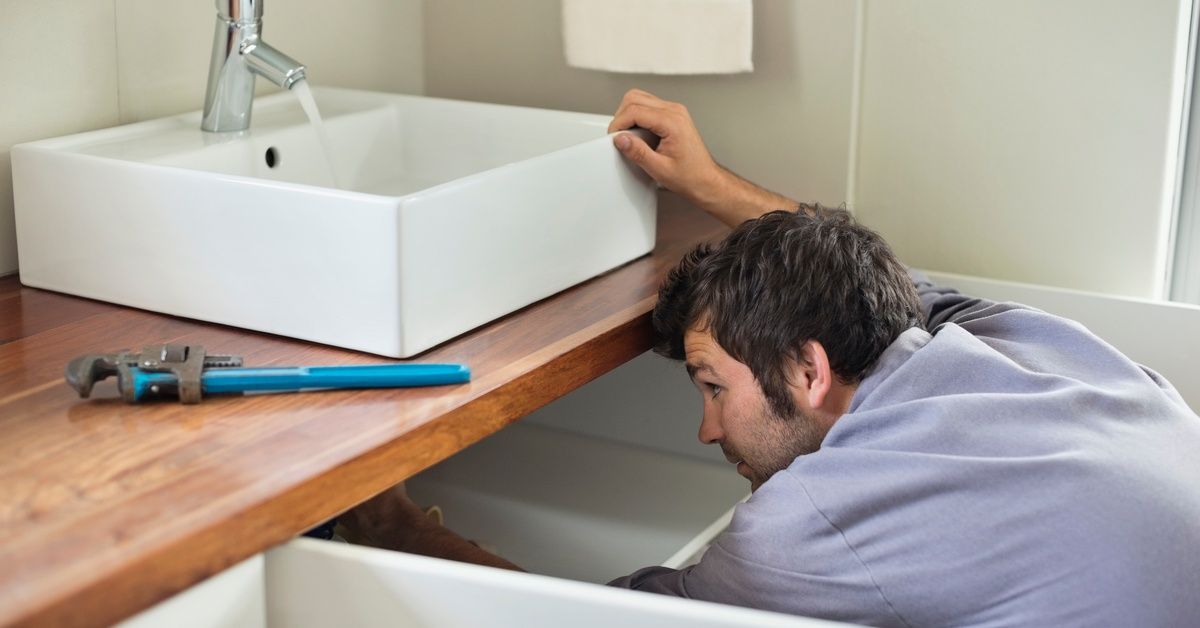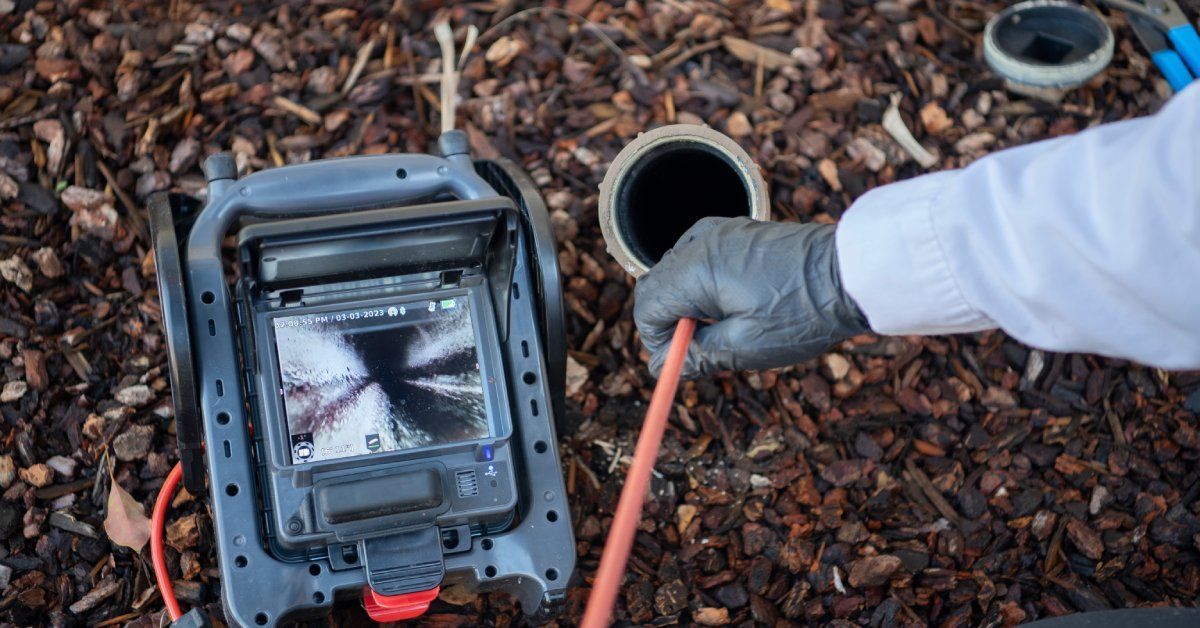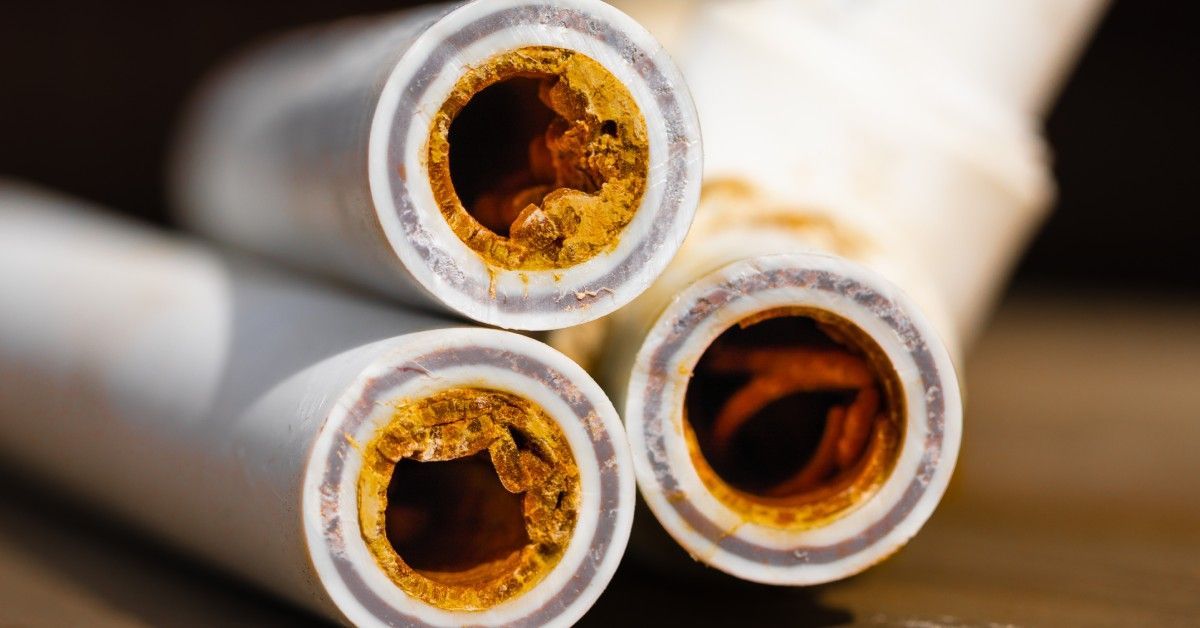How To Prepare Your Plumbing for Seasonal Changes
Each season brings unique challenges for your home's plumbing system. Temperature fluctuations, changing weather patterns, and varying water usage demands can stress your pipes, fixtures, and appliances throughout the year. Understanding how to maintain and protect your plumbing during these transitions properly can save you from expensive emergency repairs and ensure your system operates efficiently regardless of the weather outside.
Preparing your plumbing for seasonal changes involves more than just turning off outdoor faucets before winter arrives. It requires a comprehensive approach that addresses both preventive maintenance and proactive system adjustments. From protecting exposed pipes during freezing temperatures to managing increased water usage during summer months, seasonal preparation keeps your plumbing functioning smoothly while extending its lifespan.
Many homeowners wait until problems arise before addressing their plumbing needs, but taking a proactive approach prevents minor issues from becoming major headaches. Regular seasonal maintenance helps identify potential problems early, reduces the likelihood of system failures, and maintains optimal water pressure and flow throughout your home.
Winter Preparation Strategies
Cold weather poses the greatest threat to residential plumbing systems. Freezing temperatures can cause water inside pipes to expand, leading to burst pipes and significant water damage. Start your winter preparation by locating and shutting off outdoor water valves, then drain all exterior faucets and hoses completely.
Insulate exposed pipes in unheated areas such as basements, crawl spaces, garages, and attics. Foam pipe insulation or heat tape provides effective protection against freezing temperatures. Pay special attention to pipes near exterior walls, as these areas experience more temperature fluctuation.
Check your water heater before cold weather arrives. Sediment buildup reduces efficiency and can cause premature failure during periods of heavy use. Flush the tank annually to remove accumulated debris and ensure optimal performance. Consider lowering the temperature setting slightly to reduce energy costs while maintaining adequate hot water supply.
Keep cabinet doors open under sinks located on exterior walls to allow warm air circulation around pipes. This simple step prevents freezing in areas where pipes run close to outside walls. During extremely cold periods, allow faucets to drip slightly to maintain water movement through the system.

Spring System Revival
Spring brings the opportunity to assess winter damage and prepare your system for increased water usage. Begin by slowly turning water back on to outdoor faucets and checking for leaks or damage that may have occurred during freezing weather. Inspect all visible pipes for cracks, corrosion, or signs of stress.
Test your sump pump before heavy spring rains arrive. Pour water into the sump pit to ensure the pump activates properly and drains water efficiently. Clean debris from the pit and check that the discharge line directs water away from your home's foundation.
Schedule professional drain cleaning services during spring to remove winter debris and buildup from your drainage system. This prevents clogs that could cause backups during heavy rainfall periods, common in many regions during the spring months.
Check outdoor irrigation systems for damage caused by freezing temperatures. Replace cracked sprinkler heads, repair damaged pipes, and adjust watering schedules based on seasonal needs. Proper spring maintenance prevents waste and ensures efficient irrigation for your lawn and garden.
Summer Maintenance Focus
Warmer months typically increase water usage for outdoor activities, lawn care, and cooling systems. Monitor your water pressure throughout the house to identify potential problems before they become serious issues. Low pressure may indicate pipe blockages, leaks, or system wear that requires professional attention.
Inspect and clean your garbage disposal regularly during the summer months, when fresh produce consumption is at its peak. Run cold water while operating the disposal and avoid putting fibrous materials, grease, or large quantities of food waste down the drain. These practices prevent clogs and extend disposal life.
Check washing machine hoses for signs of wear, bulging, or cracking. Replace hoses every five years or sooner if damage appears. Position the machine away from walls to prevent hose kinking and ensure proper drainage during heavy use periods.
Pool and spa systems require special attention during peak usage months. Maintain proper chemical balance, clean filters regularly, and inspect all plumbing connections for leaks. Address minor issues promptly to prevent costly repairs during peak swimming season.
Fall System Preparation
Autumn preparation focuses on protecting your plumbing system from the upcoming cold weather while addressing any issues that developed during the summer months. Preparing your plumbing for seasonal changes during fall involves a comprehensive system inspection and preventive maintenance.
Clean gutters and downspouts to ensure proper drainage away from your home's foundation. Blocked drains can cause water backup that affects basement plumbing and foundation integrity. Install gutter guards if necessary to reduce future maintenance requirements.
Inspect your water heater's performance as heating demands increase. Check the temperature and pressure relief valve, examine the tank for signs of corrosion or leaks, and consider professional servicing if the unit is more than eight years old. Replace the anode rod if necessary to prevent tank corrosion.
Test all faucets and fixtures throughout your home for proper operation. Repair dripping faucets, running toilets, and other minor issues before cold weather makes repairs more challenging. These small problems can waste significant amounts of water and energy if left unaddressed.
Drain and disconnect garden hoses, shut off outdoor water valves, and store hoses in protected areas to prevent damage. Blow out irrigation systems using compressed air to remove all water from underground pipes and prevent freezing damage.

Year-Round Monitoring Tips
Successful plumbing maintenance requires consistent attention throughout the year, not just during seasonal transitions. Monitor your water bill for unexpected increases that may indicate hidden leaks. Even small leaks can waste thousands of gallons annually and cause significant damage over time.
Learn the location of your main water shutoff valve and ensure all household members know how to operate it during emergencies. Quick action can prevent extensive water damage if pipes burst or major leaks develop.
Keep basic plumbing tools accessible, including a plunger, pipe wrench, and drain snake. These tools handle many common plumbing issues without requiring professional service calls. However, know your limitations and contact professionals for complex repairs or when dealing with gas lines or major system components.
Establish relationships with reliable plumbing professionals before emergencies occur. Having trusted contractors available reduces stress and ensures prompt service when serious problems develop.
Protecting Your Investment
Proper seasonal plumbing preparation protects one of your home's most important systems while preventing costly emergency repairs. Regular maintenance, timely repairs, and proactive preparation keep your plumbing operating efficiently throughout changing weather conditions.
Remember that plumbing systems work continuously to provide clean water and remove waste from your home. Taking time to prepare your system for seasonal changes ensures reliable operation while extending component life and maintaining your home's value. Start implementing these preparation strategies today to enjoy worry-free plumbing performance all year round.




